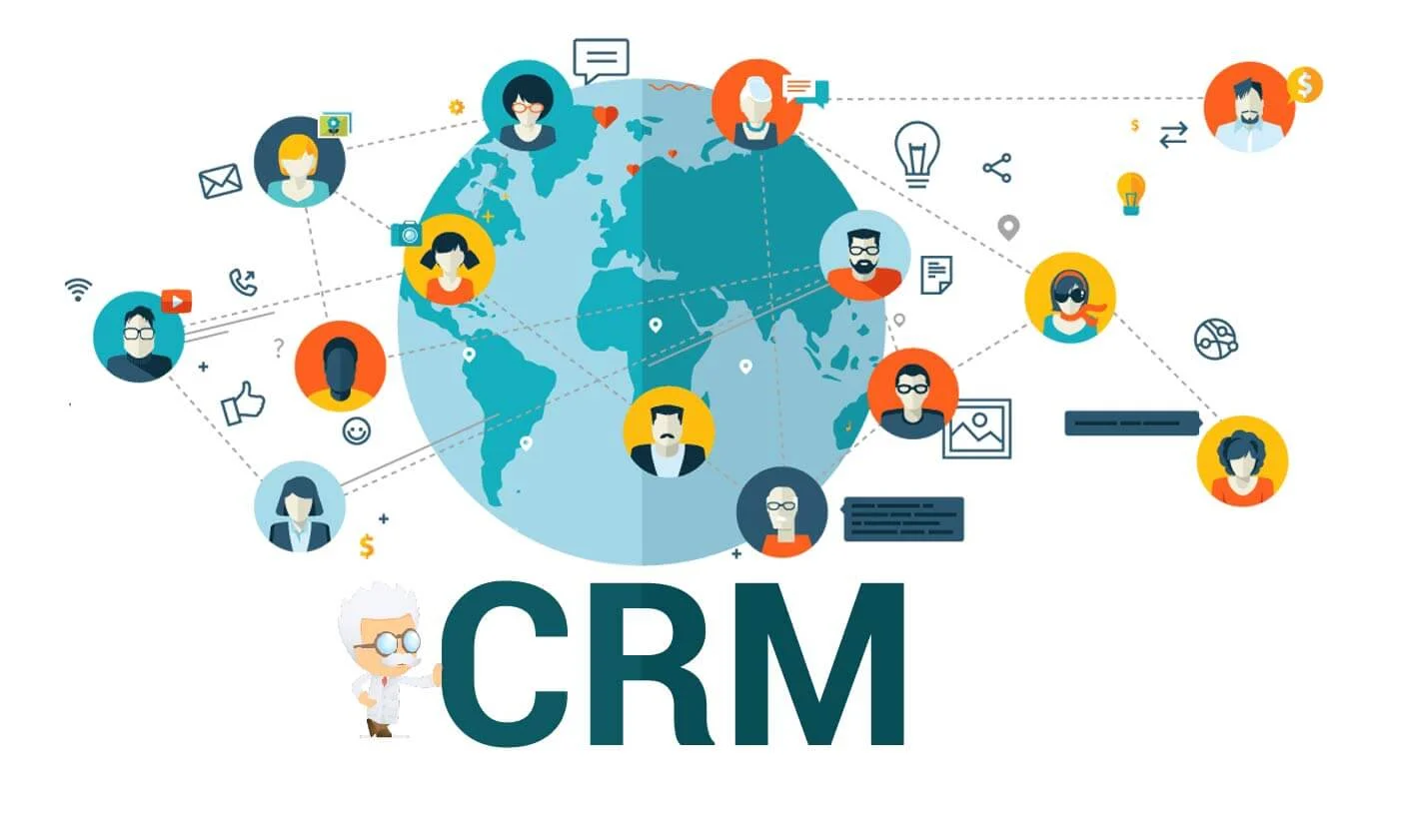The Importance of a Strong CRM Strategy for Business Success

Introduction
Customer Relationship Management (CRM) is a crucial aspect of any successful business. A strong CRM strategy helps businesses to build and maintain relationships with customers, enhance customer satisfaction, and increase sales. In today’s highly competitive market, having a well-defined CRM strategy is essential for business success.
What is CRM?
CRM is a technology that helps businesses manage and analyze customer interactions and data throughout the customer lifecycle. It involves using data analysis about customers’ history with a company to improve business relationships, specifically focusing on customer retention and ultimately driving sales growth.
Benefits of a Strong CRM Strategy
1. Improved Customer Relationships
A strong CRM strategy allows businesses to understand their customers better, anticipate their needs, and provide personalized services. This leads to improved customer satisfaction and loyalty, which are essential for long-term business success.
2. Increased Sales
By analyzing customer data and behavior, businesses can identify potential sales opportunities and target the right customers with the right products or services. This leads to increased sales and revenue for the business.
3. Enhanced Marketing Effectiveness
A strong CRM strategy helps businesses to segment their customers based on demographics, behavior, and preferences. This enables businesses to create targeted marketing campaigns that are more effective in reaching and engaging customers.
4. Improved Customer Service
CRM systems allow businesses to centralize customer data and interactions, making it easier for customer service teams to provide timely and personalized support to customers. This leads to improved customer satisfaction and loyalty.
Implementing a Strong CRM Strategy
Implementing a strong CRM strategy involves several key steps:
1. Define Your Objectives
Identify the specific goals you want to achieve with your CRM strategy, such as increasing sales, improving customer satisfaction, or enhancing marketing effectiveness.
2. Choose the Right CRM System
Choose a CRM system that aligns with your business needs and objectives. Consider factors such as scalability, ease of use, and integration with other business systems.
3. Train Your Team
Provide comprehensive training to your team on how to use the CRM system effectively. This will ensure that everyone in the organization is on the same page and can maximize the benefits of the CRM strategy.
4. Analyze and Refine
Regularly analyze the performance of your CRM strategy and make adjustments as needed. This will help you to continuously improve and optimize your CRM strategy for better results.
FAQs
What is CRM software?
CRM software is a technology that helps businesses manage and analyze customer interactions and data throughout the customer lifecycle. It allows businesses to track customer interactions, store customer data, and improve customer relationships.
How can CRM benefit my business?
CRM can benefit your business in several ways, including improved customer relationships, increased sales, enhanced marketing effectiveness, and improved customer service. It can help you to understand your customers better, anticipate their needs, and provide personalized services.
Is CRM only for large businesses?
No, CRM is not only for large businesses. Small and medium-sized businesses can also benefit from implementing a CRM strategy. CRM systems are available in various sizes and configurations to suit the needs of businesses of all sizes.
How do I choose the right CRM system for my business?
When choosing a CRM system for your business, consider factors such as scalability, ease of use, integration with other business systems, and cost. It’s important to choose a CRM system that aligns with your business needs and objectives.
